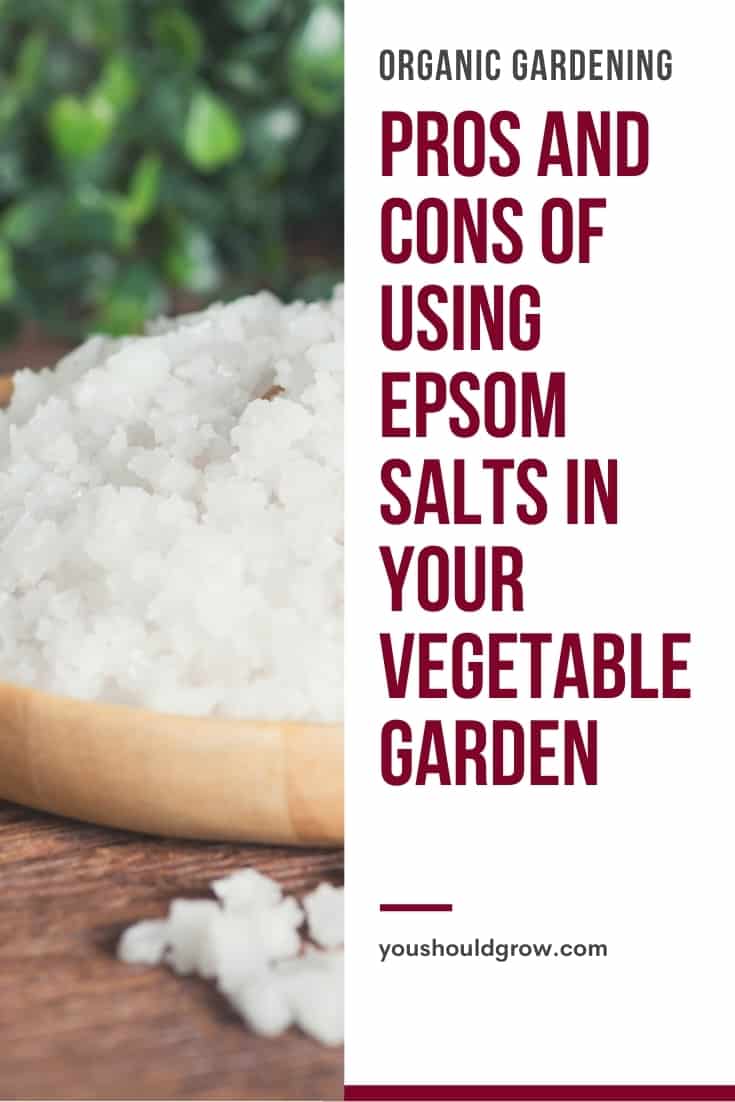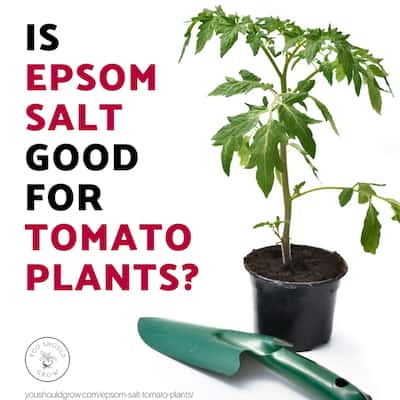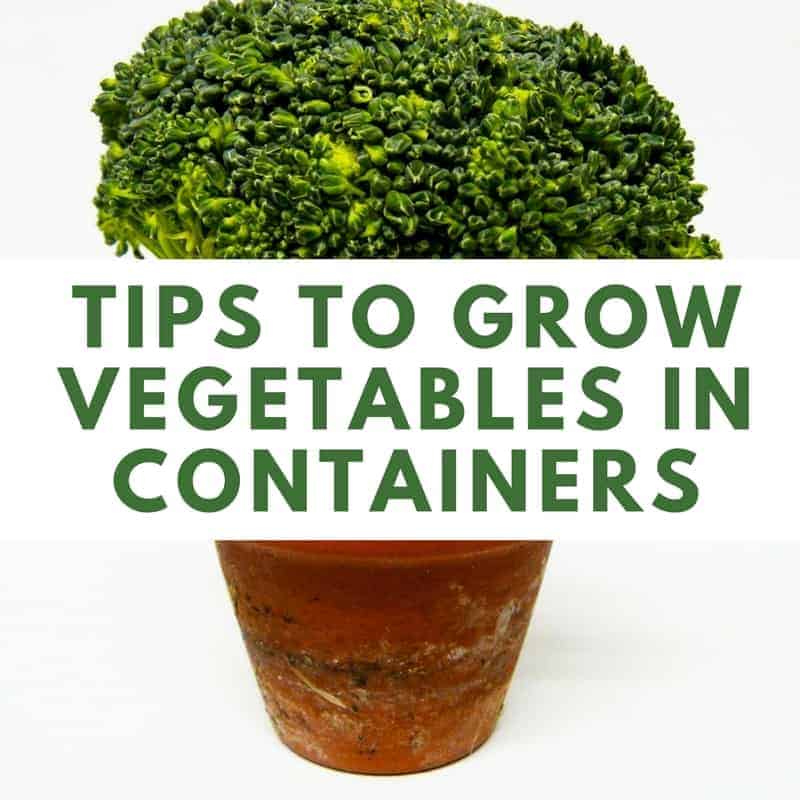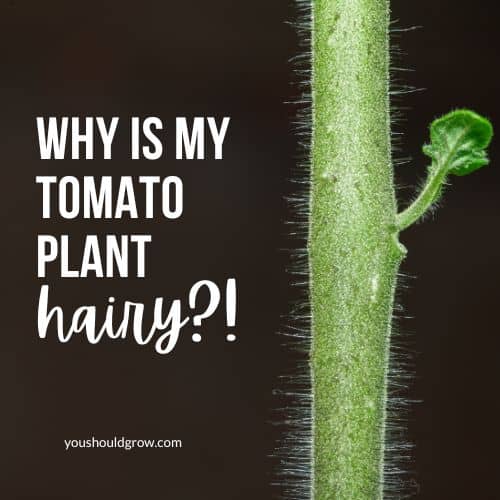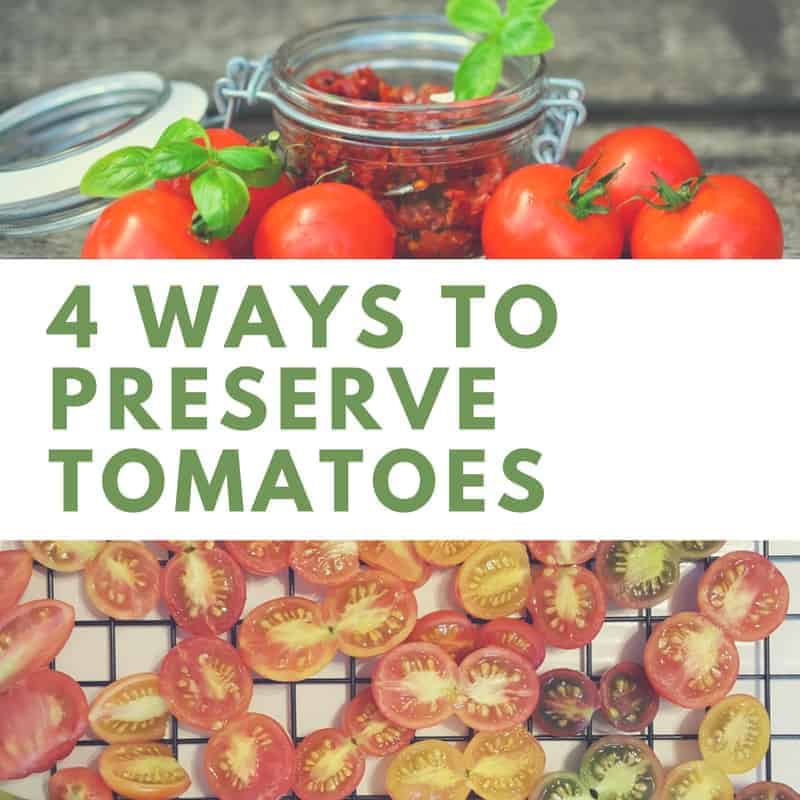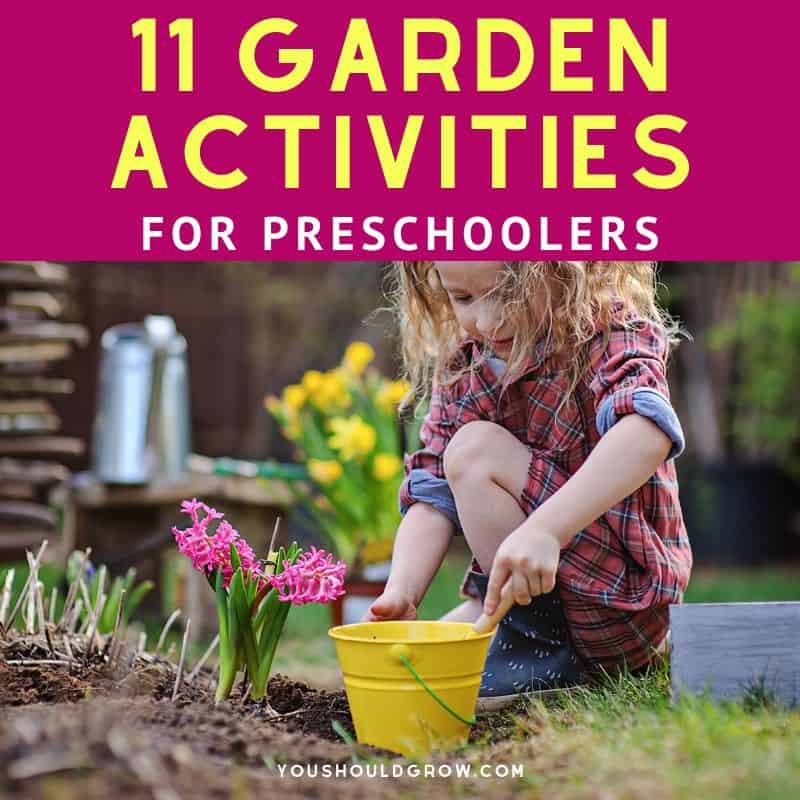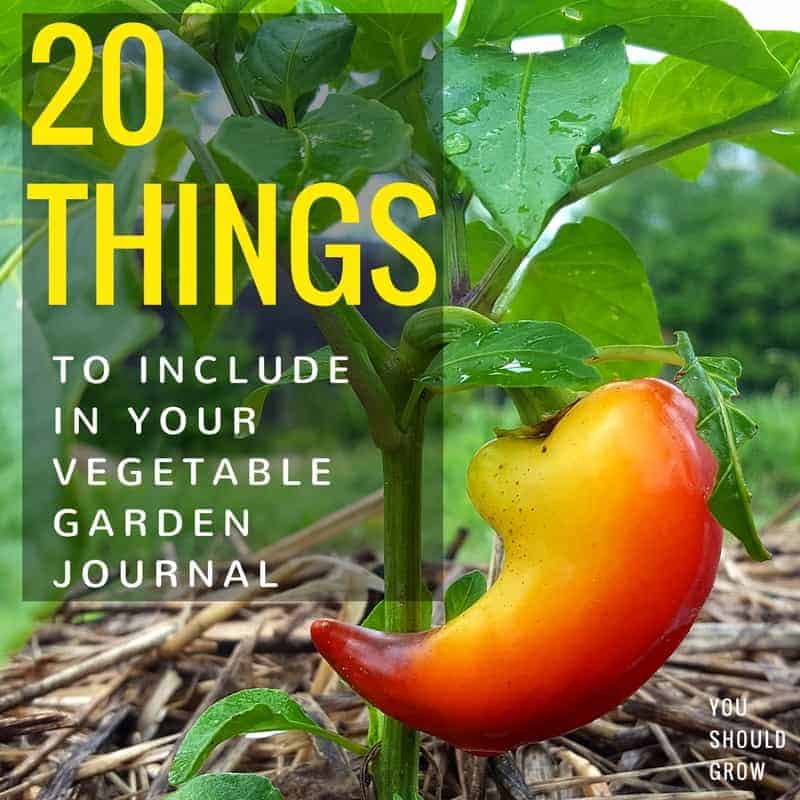Epsom Salt In The Garden
As an Amazon Associate and member of other affiliate programs, I earn from qualifying purchases.
I’ve written before about some of the myths surrounding the use of Epsom salts in the garden, but today I’m going to share with you some good reasons to keep Epsom salts in your garden shed.
While Epsom salts aren’t the secret ingredient for growing great tomatoes as some would say, they are a good source of micronutrients for your vegetables, flowers, and houseplants.
What are Epsom salts?
Epsom salts are simply a salt made of magnesium and sulfur. The name comes from their origin in the 1800s in Epsom, England. Mineral spa resorts were set up around natural spring water which was later found to contain magnesium sulfate.
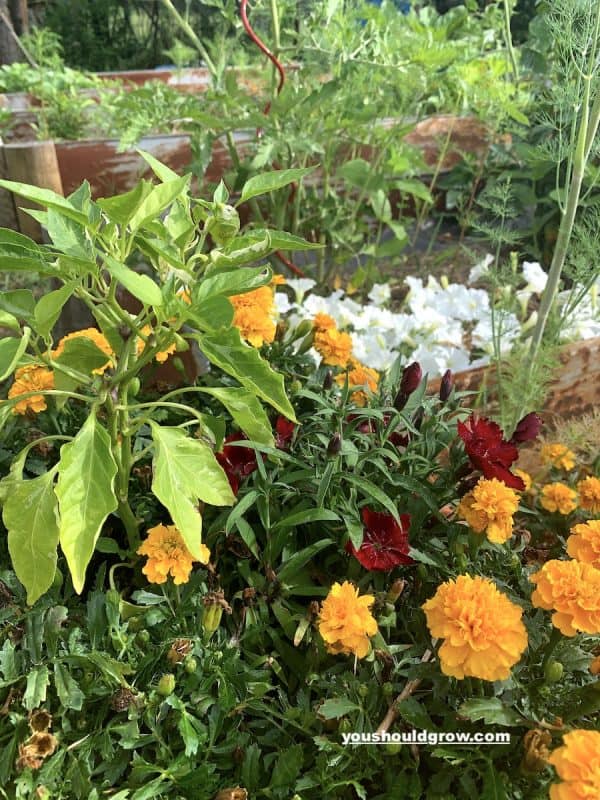
Magnesium is an important micronutrient for plants that facilitates the uptake of major nutrients like nitrogen, is essential in chlorophyll, and improves overall vigor.
Plants also require some sulfur for healthy growth. Sulfur is required to make amino acids which are the building blocks for proteins. Sufficient sulfur in your plants’ diets helps support a healthy immune system.
Uses of Epsom salts in the garden
The main purpose of Epsom salt in your vegetable garden is as a component of homemade fertilizer.
Alone, Epsom salts do not provide sufficient nutrients for your plants, but they can certainly be useful as a part of your plant feeding routine.
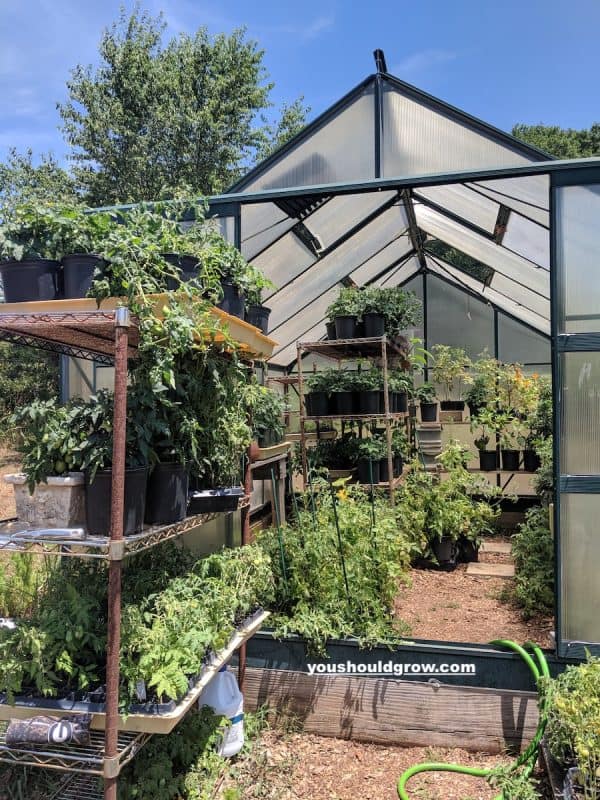
Dry Epsom salts can also be sprinkled around your plants and may deter some slugs and beetles. It’s also often said that roses love Epsom salts. Idk about that, I don’t do thorny plants. 🙂
Pros and cons of Epsom salt in the garden
| Pros | Cons |
| Source of micronutrients (Mg+S) | NPK values 0-0-0 |
| Easy to find ingredient in DIY ferts | Not a balanced fertilizer alone |
| pH neutral | Will not fix soil pH imbalance |
While many gardeners claim Epsom salts are the secret to their garden success, the reality is it’s probably got nothing to do with the salts themselves.
Maybe it’s just the fact that they are so attentive to their plants or they’re lucky enough to have very healthy soil.
But the fact is that Epsom salts alone are not a miracle cure for all your garden woes. In fact, you should really get a soil test done before you go making any major soil amendments.
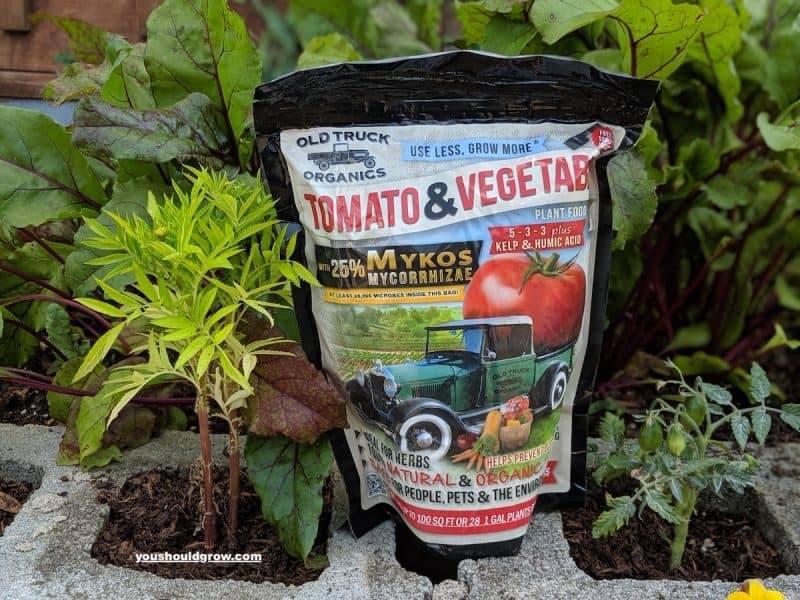
Things like the pH of your soil, NPK concentration, and a healthy balance of organic material and natural microbes are much more important in having a successful garden.
To get a soil test done, search for your county extension in the online search engine of your choice. You should be able to find a local university that can run this test for you.
More reading
Don’t miss these related articles:


